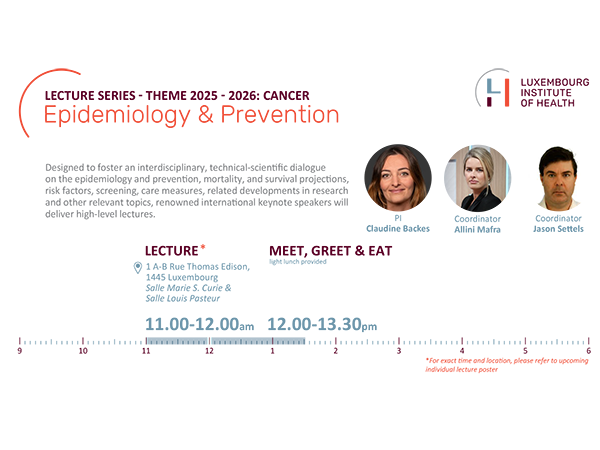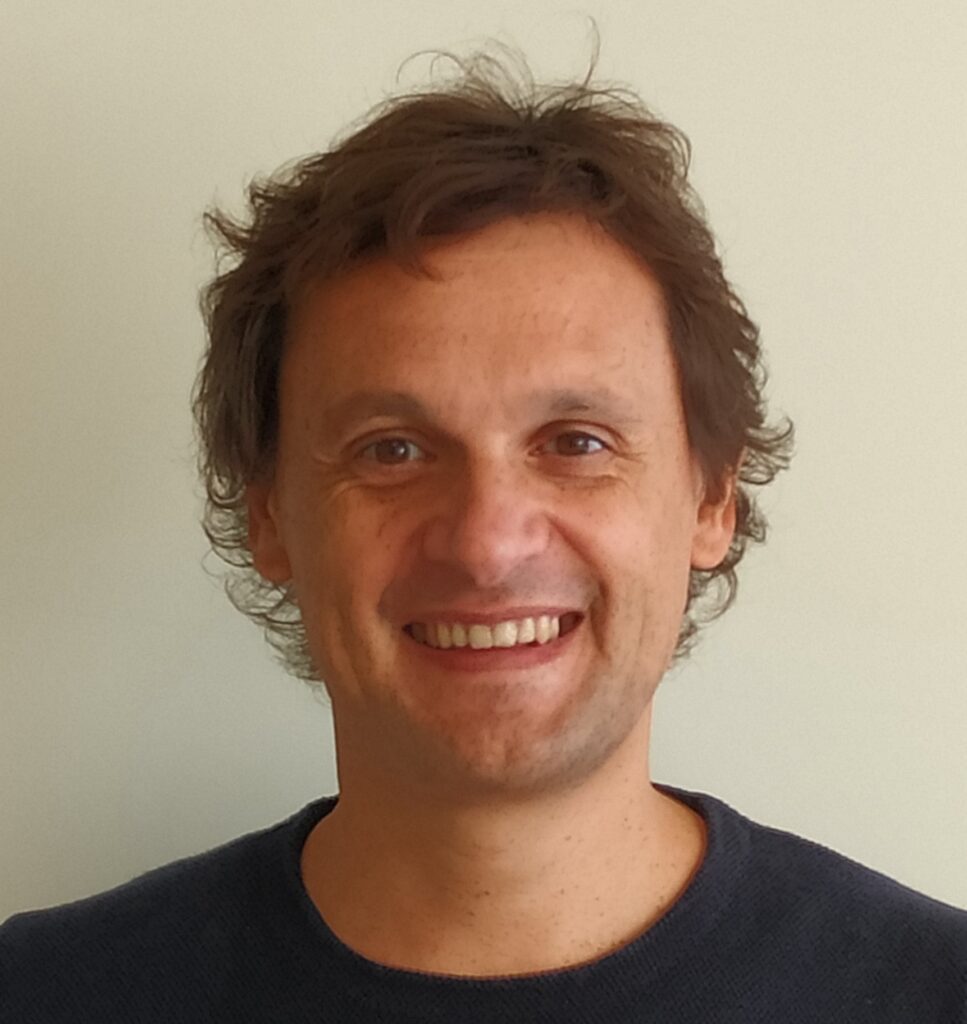🇬🇧 Decoding tumor-reactive T cells to avoid immune evasion and improve immunotherapies
- Lecture Series Cancer Research
Veuillez noter que le contenu n’est disponible qu’en anglais.
Abstract
Cancer immune evasion is a fundamental challenge in oncology, enabling malignant cells to escape detection and destruction by the immune system. Tumors exploit various mechanisms to suppress or bypass immune responses, including altering antigen presentation, recruiting immunosuppressive cells, and inducing T-cell dysfunction. Among these, T-cell exhaustion—a state of progressive functional decline in T cells due to chronic antigen exposure—is a key barrier to effective immunotherapy. Exhausted T cells often express inhibitory receptors such as PD-1, TIM-3, and LAG-3, and lose their ability to proliferate or kill cancer cells efficiently.
Understanding and reversing T-cell dysfunction is critical to improving the success of immunotherapies such as checkpoint inhibitors and chimeric antigen receptor (CAR) T-cell therapy. In B-cell malignancies like chronic lymphocytic leukemia (CLL), failure of these treatments is frequently linked to the presence of dysfunctional or exhausted T cells, particularly within the tumor microenvironment. In recent studies, we have used advanced single-cell technologies to map the complex T-cell landscape in CLL, revealing that the lymph node microenvironment harbors highly exhausted and regulatory T-cell populations. These insights have identified new immunosuppressive pathways, such as the Galectin-9/TIM-3 axis, which may serve as therapeutic targets.
Moreover, we have explored combination therapies and observed that CD19-CAR T cells with CD20-targeting bispecific antibodies show promise in reinvigorating both endogenous and engineered T cells, improving tumor cell clearance in patient-derived and murine models, and survival of mice. Together, these findings underscore the importance of dissecting T-cell dysfunction in cancer to design more effective, multi-faceted immunotherapeutic strategies that can overcome immune evasion.
LOCATION
Lecture:
CHL – Centre
Room: Amphitheatre
4, rue Ernest Barblé
L-1210 Luxembourg
LECTURE: 11:00am – 12:00pm
Webinar via Webex:
Event number: 2786 044 5048
Event password: yJApff39iX2
MEET & EAT
12:00pm – 13:00pm
Room Barbara Mc Clintock
Light lunch provided – *Please note that registration for Meet and Eat is mandatory via the following link:
Supported by:

Protection des données
En savoir plus sur la « Notice sur la protection des données : traitement des données personnelles dans le cadre de la gestion des événements ».







